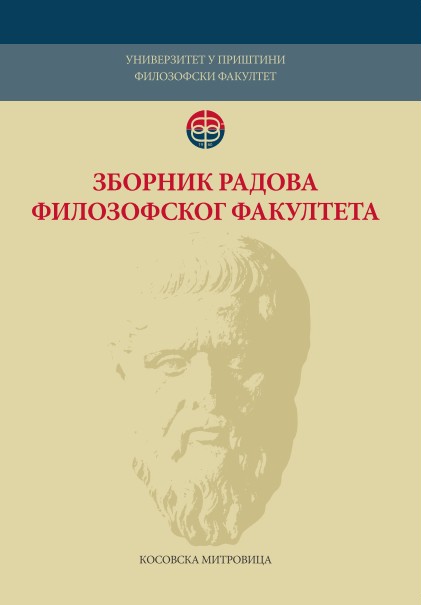Еколошко васпитање и образовање у млађим разредима основне школе
Environmental education in lower elementary grades
Author(s): Vesna Minić, Marija JovanovićSubject(s): Social Sciences, Education
Published by: Филозофски факултет, Универзитет у Приштини
Keywords: environmental education; environmental course material; environmental awareness; younger school grades; elementary school
Summary/Abstract: The need to preserve the environment where people live and work is becoming more and more pronounced in the modern world, especially due to the fact that the ecological crisis is becoming a global problem, caused primarily by low environmental awareness. The destruction of the environment, the overconsumption of natural resources, and global climate change have made environmental education extremely important. As a permanent process, environmental education curriculum is continuously improved and innovated, and it is implemented through compulsory and elective subjects, but also through elective activities organized in elementary schools. Environmental courses teach younger students in our country the following: basic concepts related to ecology and environment, positive and negative impacts on the environment, as well as prevention and protection measures against anything that disturbs it. This topic is highly emphasized through the objectives of environmental education which encourage personal responsibility to change the environment in order to make it better to live in, and to pass the knowledge on to young people in order to raise youth awareness. The school system is the most important for the provision of environmental knowledge, therefore, its job is very responsible since a school should organize courses to provide students with the necessary knowledge and skills that would allow them to behave and act environmentally-friendly. The courses which provide the best environmental knowledge and habits are: The world around us, Nature and society, Nature conservationists, as well as numerous extracurricular activities organized at school. These activities are mainly organized in elective environmental courses, which are attended by students interested in this topic, regardless of gender and their success in other subjects. The main goal of such elective courses is to teach young students how to use natural resources rationally and how to behave responsibly towards the environment.
Journal: Зборник радова Филозофског факултета у Приштини
- Issue Year: 49/2019
- Issue No: 4
- Page Range: 125-144
- Page Count: 20
- Language: Serbian

